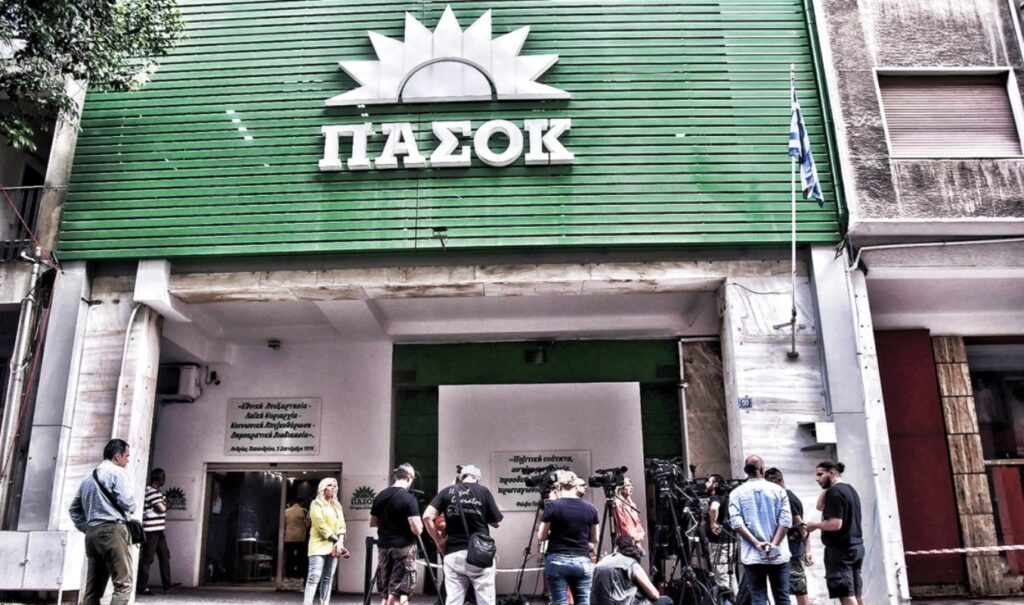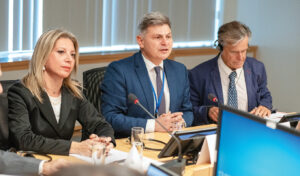Serious concern about the livestock sector in Greece is being expressed by Members of the European Parliament from PASOK, through their joint question to the European Commission. The extensive spread of foot-and-mouth disease among sheep and goats has caused 609 confirmed outbreaks, affecting critical production areas and threatening both the sustainability of the sector and the national production of PDO feta cheese. The MEPs are calling for immediate, effective interventions from the EU and raising questions about the delays and weaknesses in Greek state management of the crisis.
These issues are being raised in the European Parliament through a question to the European Commission by PASOK MEPs Giannis Maniatis, Sakis Arnaoutoglou and Nikos Papandreou.
More specifically, they note in their question that since 2024, “Greece’s livestock sector has been facing an extremely serious crisis due to the extensive spread of foot-and-mouth disease among sheep and goats. So far, 609 outbreaks have been confirmed in critical productive regions of the country, putting the sustainability of the sheep and goat farming sector at serious risk.”
Feta cheese production also under immediate threat
They also emphasize that “national PDO feta cheese production is also under immediate threat, a product with high export value and a significant share in European markets. Hundreds of farms have been taken out of production due to health restrictions, resulting in a shortage of sheep and goat milk.”
They denounce the government for having “reduced reflexes despite the critical nature of the situation. Inadequate measures for containing and eradicating the disease, insufficient animal identification and registration systems, serious delays in compensating affected livestock farmers, and inability to enforce controls on animal movements.”
The three PASOK MEPs ask the Commission: “Is the development of the foot-and-mouth epidemic in Greece being monitored? Has official information been received from Greek authorities both about the measures that have been implemented and their effectiveness? If so, how is the management of the pandemic assessed? Have all necessary EU obligations been implemented?”
Furthermore, “Have European support resources been mobilized or planned to contain the crisis? Is their absorption by Greece considered adequate? Are there prerequisites for examining the provision of flexibility in European aid criteria for affected livestock farmers, to make their real support feasible?”




